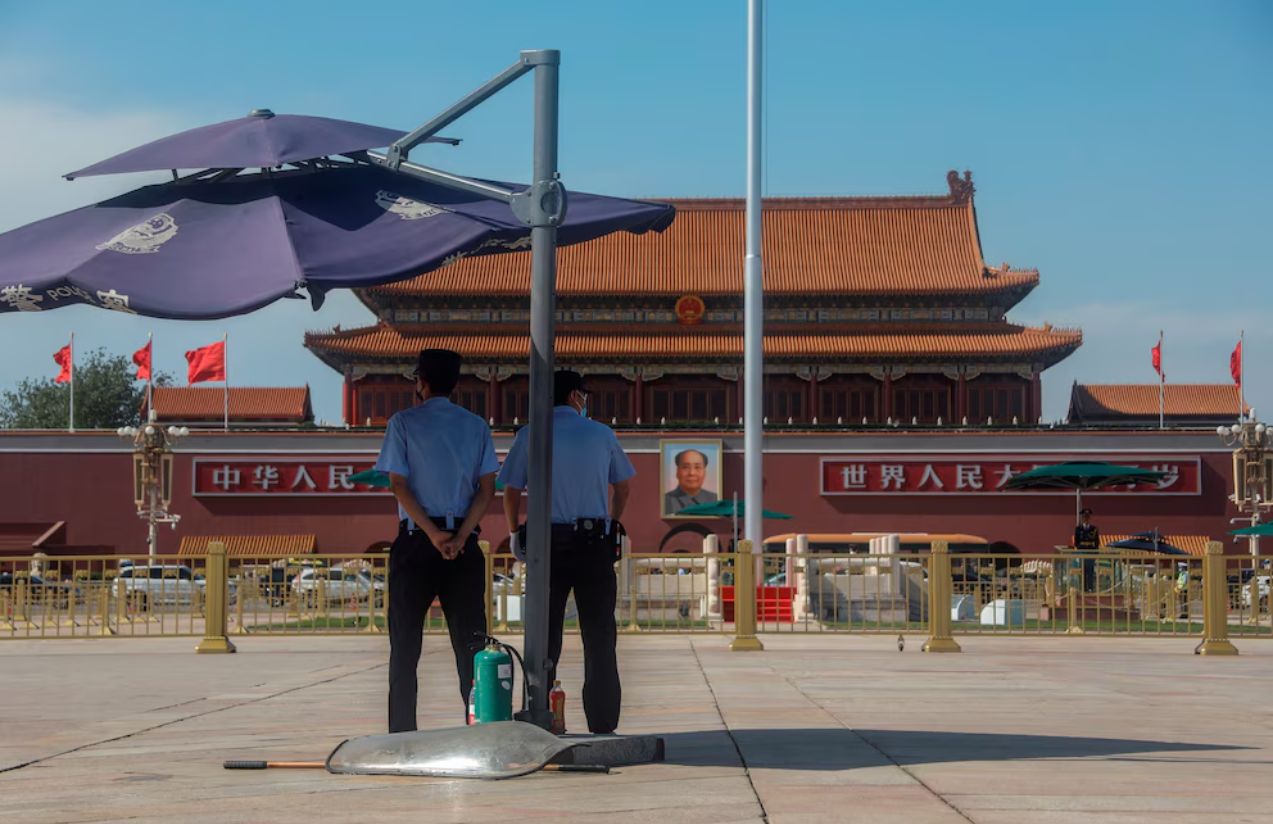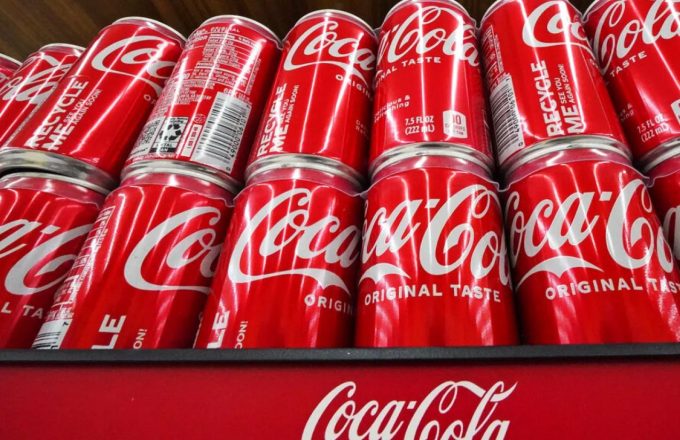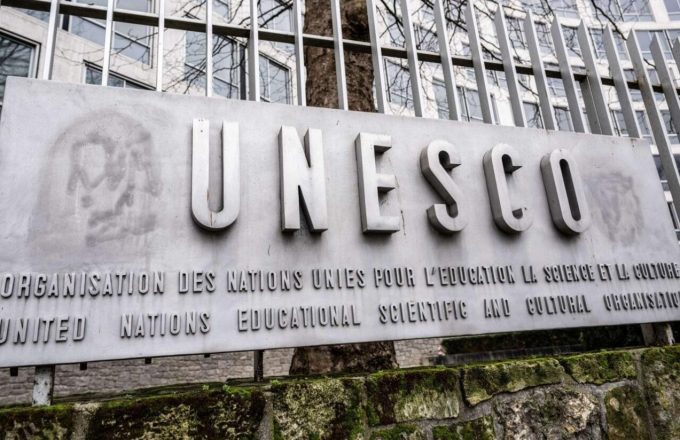For most citizens in mainland China, June 4 passed like any other day. The 36th anniversary of the brutal crackdown that crushed the pro-democracy movement in 1989 came and went without public commemoration—just as the Chinese Communist Party (CCP) intends.
Security was especially tight around Tiananmen Square in Beijing, the symbolic heart of the student-led protests that challenged the regime more than three decades ago. On the night of June 3–4, 1989, under orders from then-leader Deng Xiaoping, the army rolled in with tanks and live ammunition, forcefully dispersing the demonstrators. It’s estimated that hundreds, possibly thousands, were killed—including soldiers.
Since then, the CCP has worked to erase the events from collective memory. Any reference to June 4 is banned in China: posts are censored, online mentions are scrubbed, and public tributes are forbidden.
In Hong Kong—once home to a massive annual candlelight vigil in Victoria Park—commemorations have also been shut down. Authorities first suspended the vigil during the COVID-19 pandemic, but by 2021, they had arrested the event’s organizers as part of a broader crackdown following the 2019 anti-government protests. This year, instead of a memorial, a carnival showcasing Chinese products took place in the park. “Hongkongers have become silent lambs since 2019,” lamented King Ng, who was at the scene.
Even small gestures can draw government scrutiny. Former district councillor Chan Kim-kam said customs agents questioned her after she posted a photo on Instagram promoting small white candles with the caption “June, we remember.”
Only in Taiwan—the self-governed island China claims as its own—can public vigils still be held freely. On June 4, hundreds gathered in Taipei’s Liberty Square despite light rain. At the center of the ceremony stood a replica of the “Pillar of Shame,” a sculpture once displayed at the University of Hong Kong. Mimi, an organizer who withheld her full name for fear of reprisals, said, “Some wonder why people born long after 1989 still care. But it’s precisely because they try to erase it that we must remember.”
Taiwanese President Lai Ching-te used the anniversary to draw a sharp contrast between his island’s democratic values and Beijing’s authoritarian rule. In a social media post, he wrote, “Free societies preserve the truth and remember. Authoritarian governments choose silence and forgetting.”
The Tiananmen Mothers—a group of victims’ relatives—continue to demand justice. In an open letter signed by 108 members, they called for an independent investigation, compensation for families, and prosecution of those responsible. But China’s official stance remains unchanged. “The country has already reached a clear conclusion on the events of the late 1980s,” said Foreign Ministry spokesperson Lin Jian. The government claims the country’s subsequent economic rise validates the decisions made at the time.
Embassies from the UK, Germany, Canada, and the U.S. attempted to mark the anniversary on Chinese social media platforms, but their posts were swiftly deleted by censors. In response, some displayed images of single burning candles on large screens outside their Beijing compounds.
Despite censorship and repression, the world still remembers. As U.S. Secretary of State Marco Rubio stated, “The Chinese Communist Party actively tries to silence history—but the world will never forget.”




















